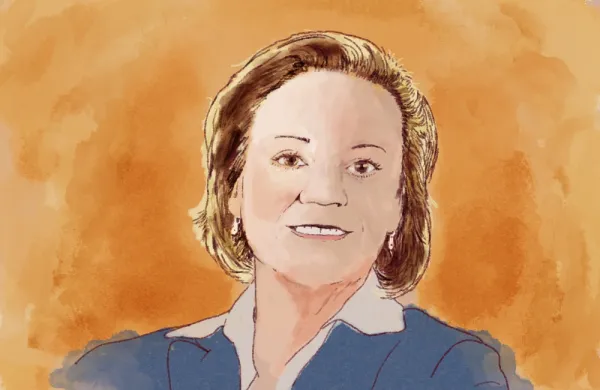So much for friendship. Level Global Investors LP co-founder Anthony Chiasson has thrown his former partner, David Ganek, under the bus in an attempt to save his own hide. Chiasson, whose insider trading trial begins October 29, asked permission to present evidence showing his former partner made trades in the same stocks at the same time. Ganek, however, has not been accused of any wrongdoing.
Investors have cooled to emerging markets hedge funds. According to eVestment Alliance, emerging markets hedge funds overall have experienced a 6.1 percent decline in assets. However, one region that has attracted a lot more attention of late is the Middle East and Africa (ME&A). In the first nine months of this year, ME&A funds have returned 15.39 percent, making it one of the best performing hedge fund sub-sectors. Last year, however, the group was down more than 8 percent. In fact, the region poses an array of concerns, and political risk is just one of them. “The developing market infrastructure, the knock on effects of the global economic slowdown, and consequent easy monetary policy in the developed world are also of key concern,” says eVestment in a new report.
Stephen Mandel, Jr.’s Lone Pine Capital upped its stake in Kinder Morgan to 9.1 percent after buying into the energy giant’s common stock offering earlier this week. The firm said its Lone Cascade fund now owns 71.8 million shares of common stock representing more than 17.6 million shares of common stock and more than 54 million warrants.
BlueCrest Capital is tinkering with the way one of its computer-driven funds trades. The London-based hedge fund firm, one of the world’s largest with $33 billion under management, is said to have designed five new programs for its BlueMatrix fund. The fund, which manages $620 million, is run by Leda Braga, one of the most successful women in a heavily male-dominated world. BlueMatrix lost 1.27 percent in the first nine months of the year after losing 1.42 percent last year. However, it was up 17.50 percent in 2009 and 43 percent in 2008.
Och-Ziff no longer wants to be a landlord. The hedge fund firm founded by Dan Och is looking to unload its share of a joint venture that invested in foreclosed homes. The move comes at the same time that many other investors have been warming up to the asset class.





